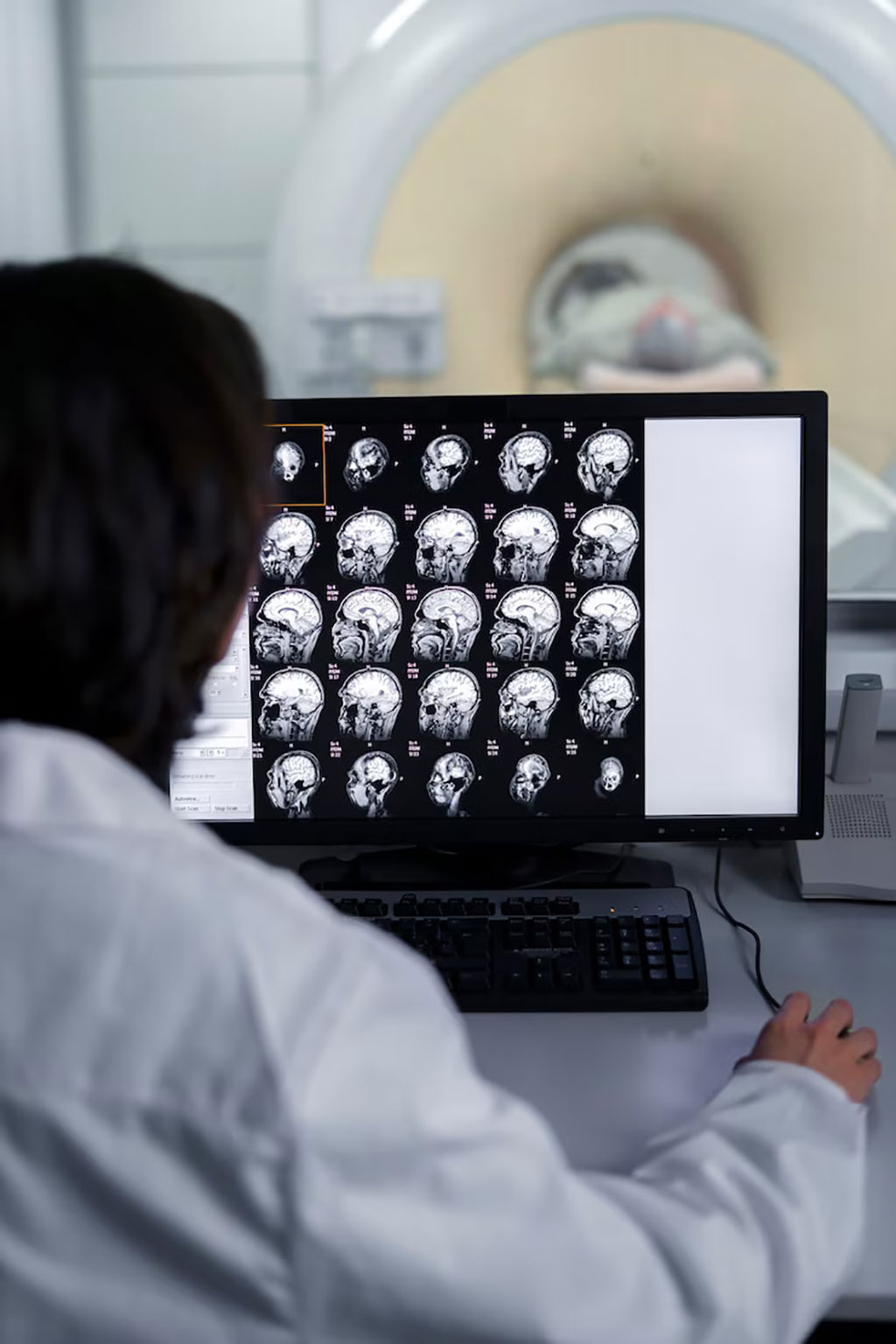AI Algorithm Automatically Detects Artifacts on MRI Scans
Posted on 12 Jun 2023
Advancements in magnetic resonance (MR) acceleration techniques have transformed MR productivity. Moreover, incorporating artificial intelligence (AI) has the potential to streamline MR workflow and speed up image acquisition. However, operator-assisted technologies have failed to catch up with MRI advances. This gap could now be bridged with a novel AI model developed to identify typical MRI artifacts with high sensitivity, precision, and speed. The adoption of such assistive technologies can ensure image quality and accelerate the clinical uptake of newer imaging techniques.
Scientists at Philips (Amsterdam, The Netherlands) have developed VitaLenz, an AI algorithm capable of automatically identifying artifacts in MRI scans. This real-time object detection convolutional neural network (CNN) was trained on 4,606 brain images and is designed to support MR technologists during scanning. The model was trained using three types of image contrasts (T1-weighted, T2-weighted, and FLAIR) and three imaging planes (axial, sagittal, and coronal). These images were further processed to generate six common image artifacts: motion, wrap, blurring, bias field, RF spike, and geometric distortion. Subsequently, the model was put to the test on 570 MR images, both with and without artifacts, and assessed for sensitivity, specificity, and accuracy. Additionally, a subset of test images was examined by eight registered MR technologists, each with an average of 17.2 years of experience, to compare the model's performance with human readers.

The researchers found that VitaLenz demonstrated a similar performance compared with the human reader group in terms of sensitivity and accuracy. Furthermore, on average, VitaLenz took a mere 0.477 seconds per image to detect, label, and locate artifacts. These results suggest that VitaLenz has the capacity to identify, label, and locate MR image artifacts with high sensitivity, accuracy, and speed. Although the model showcased considerably lower specificity, its high sensitivity indicates its potential use in identifying images containing artifacts that may require re-examination or adjustment. In addition, VitaLenz's image evaluation speed substantially surpasses that of human readers and remains unaffected by the fatigue experienced by technologists when analyzing thousands of images during a typical shift.
"As new technology to accelerate image acquisition is developed and productivity demands are increased, it is imperative that technology that assists the MR technologist is created in parallel," said Joel Batey, a MR clinical consultant at Philips who presented the findings at the recent International Society for Magnetic Resonance in Medicine (ISMRM) meeting. "As MR image acceleration techniques advance, it is important to co-create tools that assist the technologist to ensure patient care and image quality is maintained."
Related Links:
Philips














